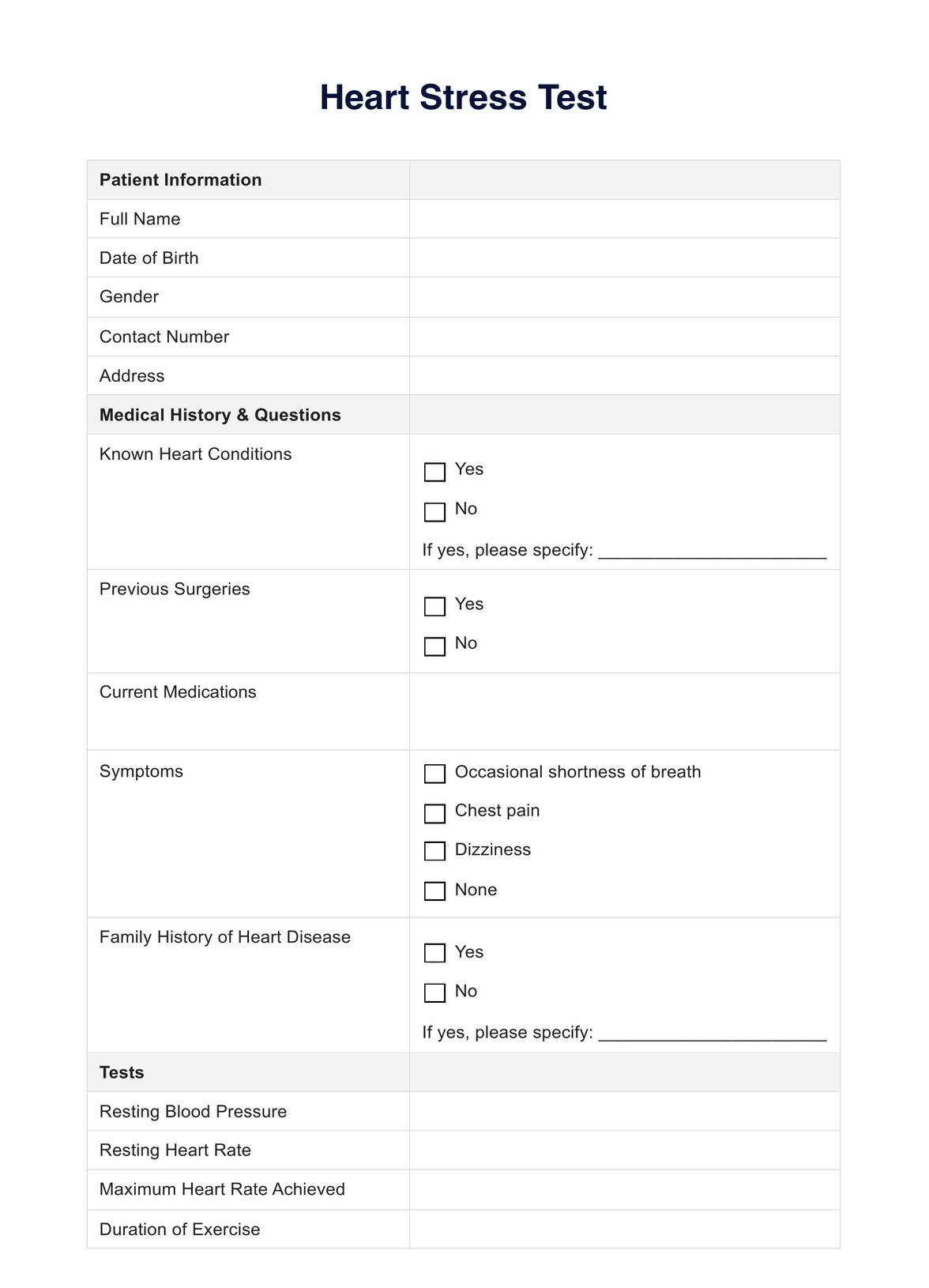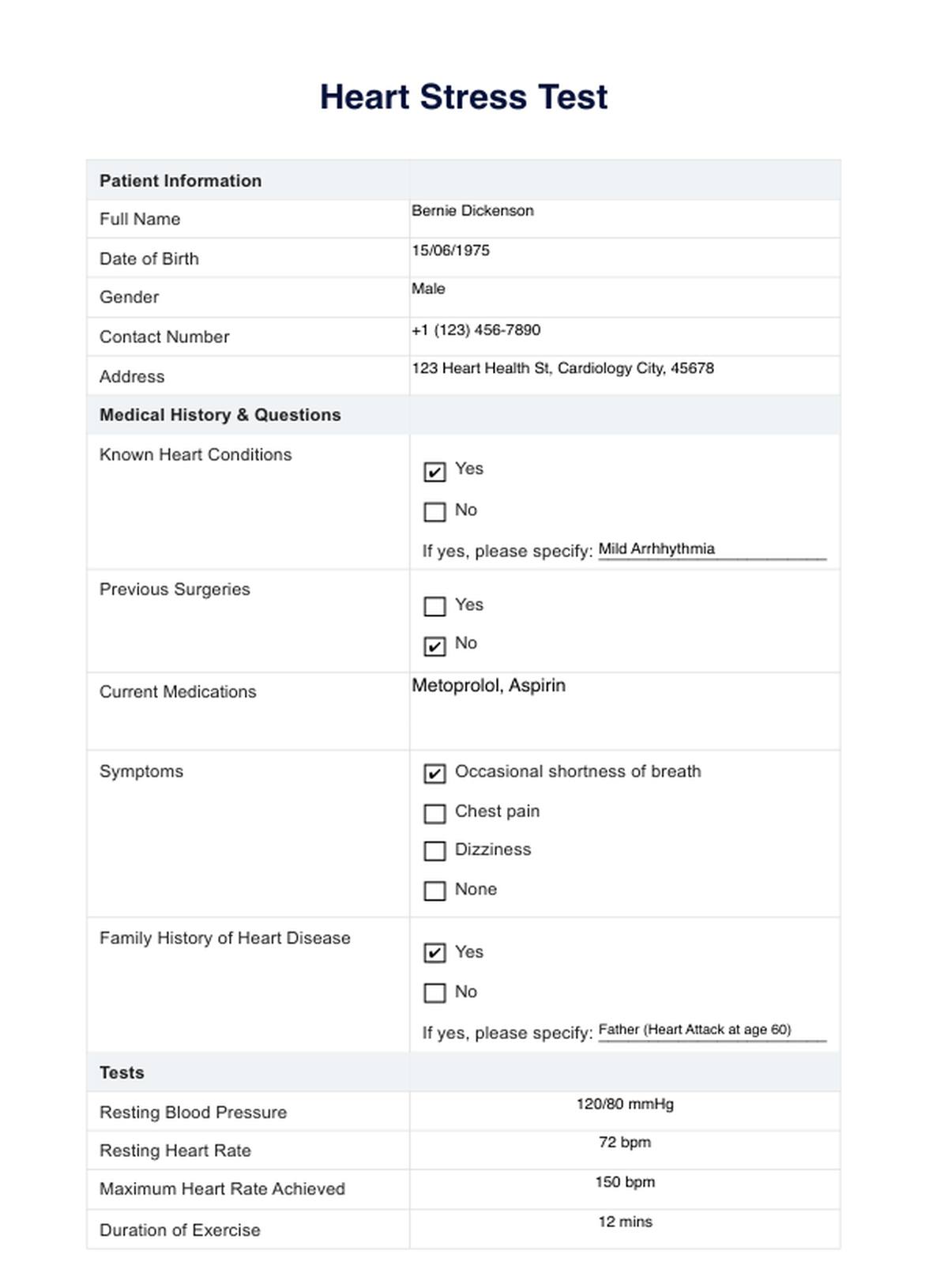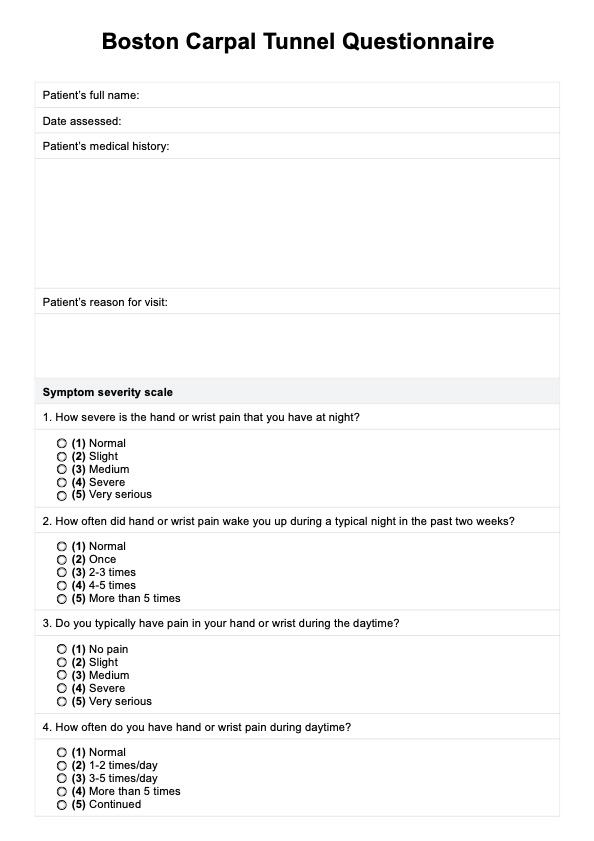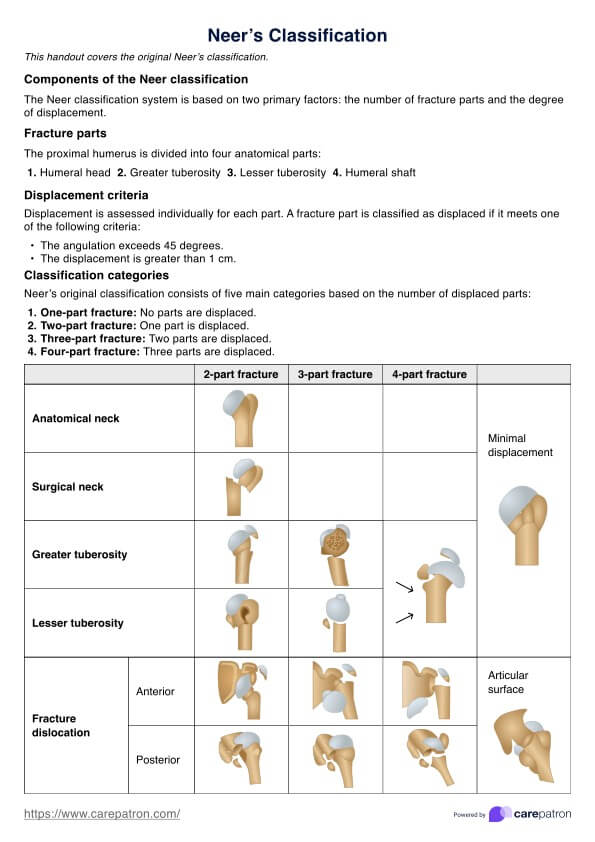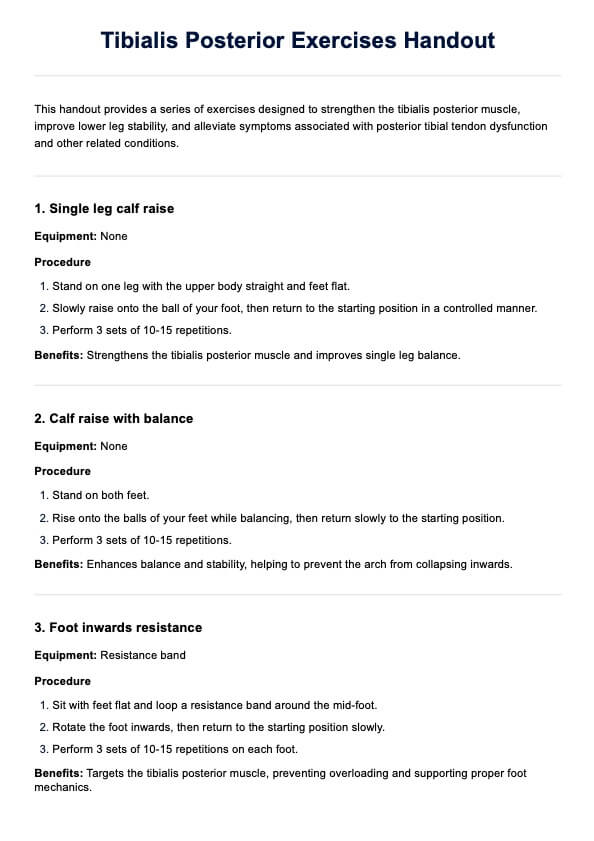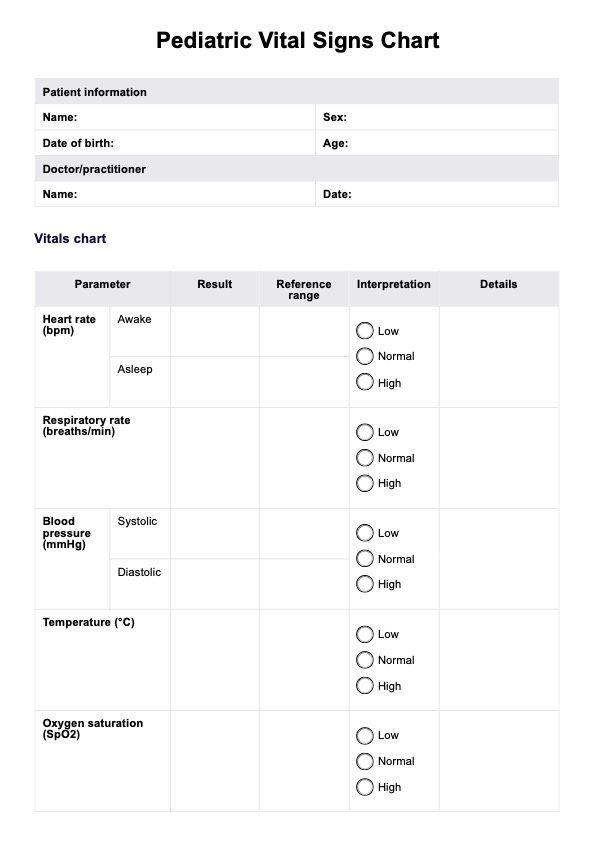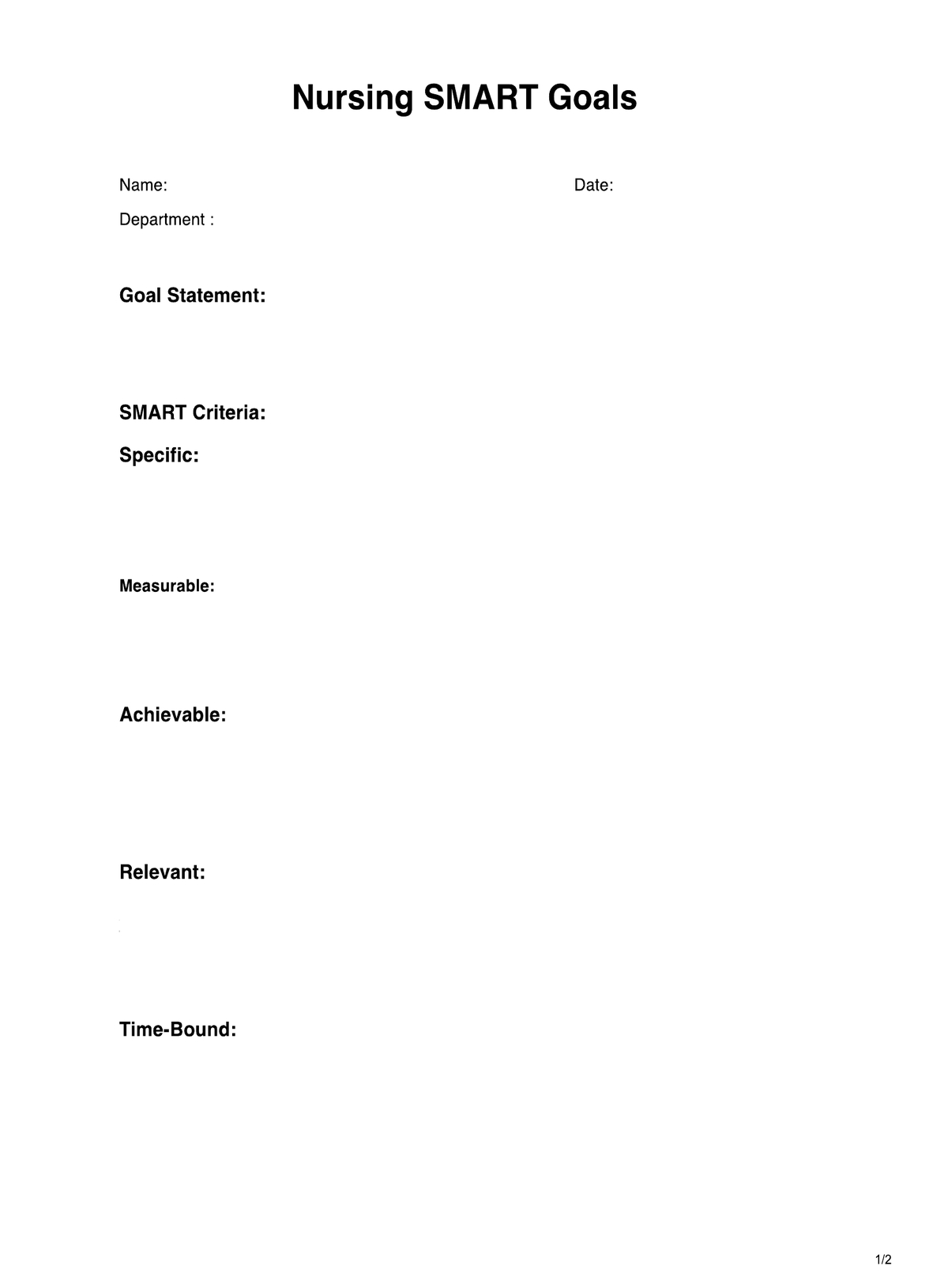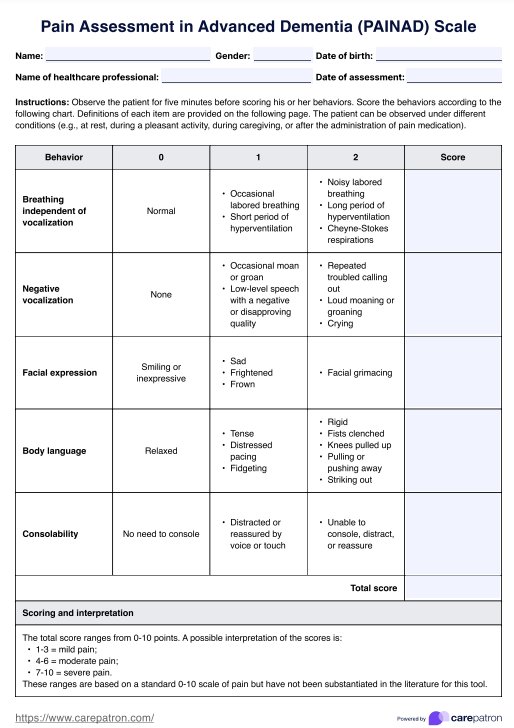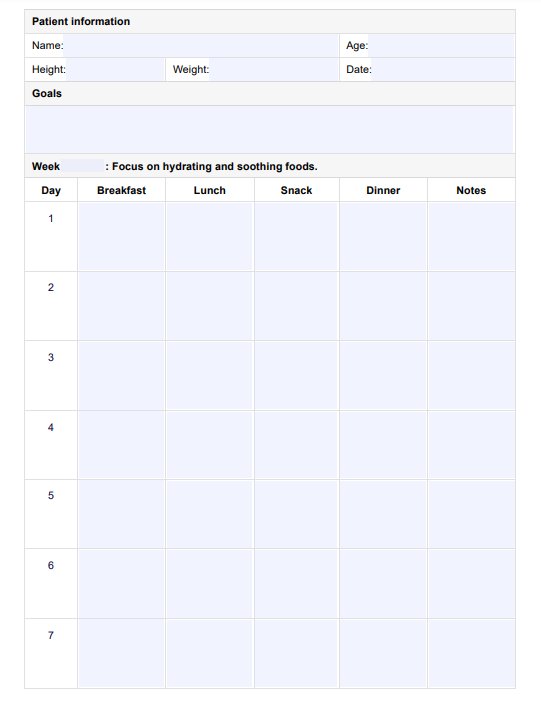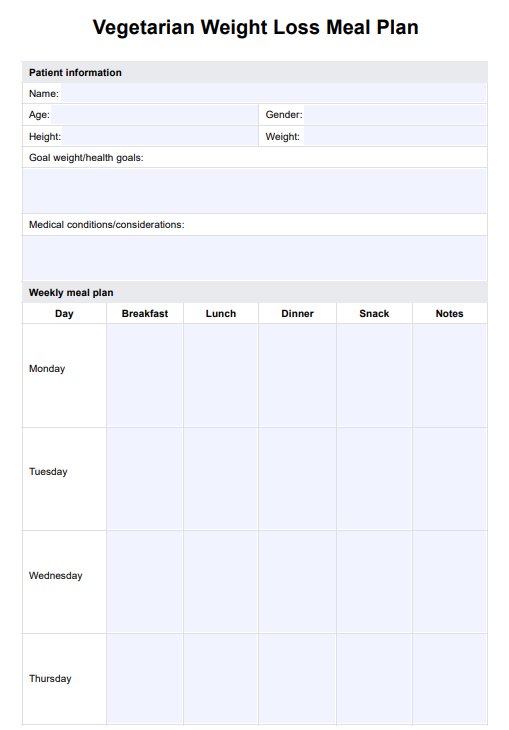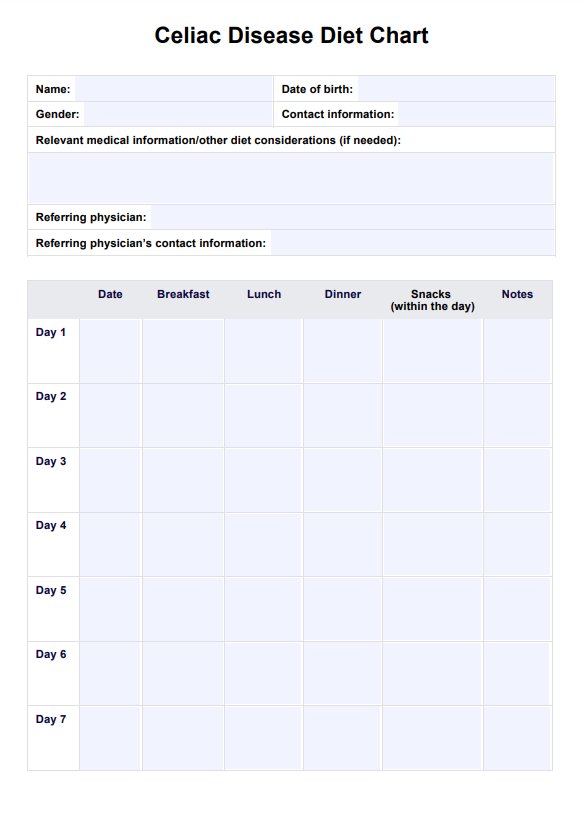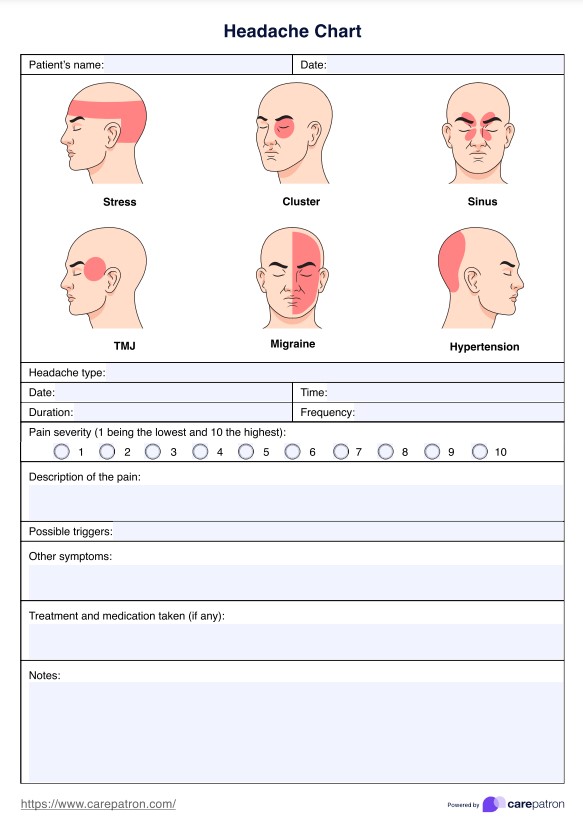Heart Stress
Discover the benefits of the Heart Stress Test with Carepatron. Enhance patient care with our online portal and telehealth platform. Dive in now!


What is a Heart Stress Test?
In the vast realm of cardiology, specific tests provide invaluable insights into heart health. One such test is the Heart Stress Test. But what exactly is it?
At its core, a Heart Stress Test—often called a stress test—is a procedure designed to measure how well the heart handles its workload. When we're at rest, our heart doesn't have to work that hard. But when we push it, whether through physical exercise or other means, it has to work harder to pump blood. This test essentially "stresses" the heart to see how it responds.
Healthcare professionals use this test to determine the amount of stress that the heart can manage before developing an abnormal rhythm or evidence of ischemia (not enough blood flow to the heart muscle). It's beneficial in identifying coronary artery disease or other heart-related conditions.
For healthcare professionals, understanding the intricacies of this test is crucial. Not only does it play a pivotal role in diagnosing potential heart issues, but it also aids in determining treatment paths and monitoring heart conditions over time. The Heart Stress Test is a cornerstone in cardiac care. With the proper knowledge and tools, like those provided by Carepatron, it becomes an even more powerful asset in ensuring optimal patient care.
Heart Stress Template
Heart Stress Example
How to Use the Heart Stress Test
The Heart Stress Test is an invaluable tool in the realm of cardiology. However, its efficacy lies not just in the test itself but in how it's administered. Here's a step-by-step guide for healthcare professionals:
Preparing the Patient
Before diving into the test, it's crucial to ensure the patient is adequately prepared. Discuss the procedure, its purpose, and what they can expect. Ensure they wear comfortable clothing and avoid caffeine or specific medications as advised.
Gathering Medical History
A comprehensive understanding of the patient's medical history is paramount. Use the provided checkboxes to streamline this process, ensuring no detail is overlooked.
Conducting the Test
Monitor the patient's resting heart rate and blood pressure. Then, gradually increase the stress on the heart, either through exercise or medication. Continuously monitor their heart's activity using an ECG.
Interpreting the Results
Once the test is complete, analyze the data. Look for any abnormalities in the ECG readings and compare them with the patient's symptoms and medical history.
Providing Feedback
Discuss the results with the patient. Offer insights, potential diagnoses, and next steps, ensuring they fully understand their heart health status.
In essence, the Heart Stress Test is more than just a procedure—it's a comprehensive assessment of heart health. Administered correctly, it can offer invaluable insights and guide treatment plans.
When Would You Use This Form?
The Heart Stress Test is an essential tool in the arsenal of many healthcare professionals. However, understanding when to deploy this tool is crucial for its effective utilization. Here are some scenarios where this form becomes indispensable:
- Diagnosing Symptoms: If a patient presents with symptoms like chest pain, shortness of breath, or dizziness, the Heart Stress Test can help determine if these are heart-related.
- Evaluating Treatment Efficacy: For patients already diagnosed with heart conditions and undergoing treatment, this test can assess the effectiveness of the treatment.
- Pre-surgical Assessment: Before undergoing major surgery, especially heart surgery, this test can evaluate the heart's condition and readiness for the procedure.
- Risk Assessment: For patients with a family history of heart disease or other risk factors, this test can help determine their risk level and guide preventive measures.
- Monitoring Heart Health: Even in the absence of overt symptoms, regular Heart Stress Tests can be a part of routine health check-ups, especially for older adults or those with a history of heart issues.
In essence, the Heart Stress Test form is not just a diagnostic tool but a comprehensive assessment of heart health, guiding treatment, and preventive measures.
What do the Results Mean?
Interpreting the results of the Heart Stress Test is crucial for effective patient care. Here's a brief overview of what different outcomes might indicate:
- Normal Results: A regular heart rate, blood pressure, and ECG reading during the test suggest that the heart is functioning well and there's no significant blockage or irregularity.
- Abnormal Results: Irregularities in the ECG, such as changes in the heart's rhythm or unusual spikes, might indicate blockages in the coronary arteries or other heart conditions.
- Symptomatic Responses: If the patient experiences chest pain, shortness of breath, or dizziness during the test, it could indicate coronary artery disease or other heart-related issues.
Understanding these results is just the first step. It's essential to consider them with the patient's overall health, medical history, and other diagnostic tests. Only then can a comprehensive and accurate diagnosis be made, ensuring the patient receives the best possible care.
Research & Evidence
The Heart Stress Test, often called a cardiac stress test, is a pivotal diagnostic tool in cardiology. Its significance is deeply rooted in decades of research and clinical evidence that underscores its efficacy in assessing cardiovascular health.
One of the foundational studies on the subject was conducted by P. Valensi et al. in 2001. Their research aimed to determine the predictive value of silent myocardial ischemia (SMI) in asymptomatic diabetic patients. The study concluded that in such patients, cardiac autonomic neuropathy appears to be a better predictor of major cardiac events than SMI. This research has been cited numerous times, emphasizing its importance in cardiology.
Another comprehensive study, published in 2020, delved into the common mechanistic pathways in cancer and heart failure. The interdisciplinary collaboration between cardiologists and oncologists highlighted the shared biological underpinnings of both conditions, with inflammation emerging as a common hallmark.
Furthermore, a 2021 study by Emily M. Cohodes et al. explored the impact of the COVID-19 pandemic on family stress and its implications for youth symptomatology. While not directly related to the Heart Stress Test, it underscores the broader context of stress and its physiological and psychological manifestations.
In the realm of work-life balance and its implications on health, a study by A. Aruldoss et al. in 2020 explored the relationship between quality of work-life and work-life balance. The research emphasized the importance of employers recognizing the significance of work-life balance in achieving organizational effectiveness.
These studies, among others, provide a robust foundation for the use and interpretation of the Heart Stress Test, ensuring its continued relevance in modern cardiology.
References
Aruldoss, A., Kowalski, K., & Parayitam, S. (2020). The relationship between quality of work life and work-life-balance mediating role of job stress, job satisfaction and job commitment: evidence from India. https://link.springer.com/article/10.1007/s10802-020-00732-6
Cohodes, E. M., McCauley, S., & Gee, D. (2021). Parental Buffering of Stress in the Time of COVID-19: Family-Level Factors May Moderate the Association Between Pandemic-Related Stress and Youth Symptomatology. https://www.emerald.com/insight/content/doi/10.1108/JAMR-05-2020-0082/full/html
de Boer, R. D., Hulot, J., Tocchetti, C., Aboumsallem, J., Ameri, P., ... & Backs, J. (2020). Common mechanistic pathways in cancer and heart failure. A scientific roadmap on behalf of the Translational Research Committee of the Heart Failure Association (HFA) of the European Society of Cardiology (ESC). https://onlinelibrary.wiley.com/doi/10.1002/ejhf.2029
Valensi, P., Sachs, R., Harfouche, B., Lormeau, B., Pariés, J., Cosson, E., ... & Attali, J. R. (2001). Predictive value of cardiac autonomic neuropathy in diabetic patients with or without silent myocardial ischemia. https://diabetesjournals.org/care/article/24/2/339/24068/Predictive-Value-of-Cardiac-Autonomic-Neuropathy
Commonly asked questions
Carepatron combines an intuitive online patient portal with a state-of-the-art telehealth platform, ensuring a seamless experience for both patients and providers.
Absolutely. Carepatron prioritizes security, ensuring that all consultations are conducted in a safe and encrypted environment.
Yes, Carepatron is designed to be versatile, allowing for easy integration with various medical tools and software to enhance your practice's efficiency.


